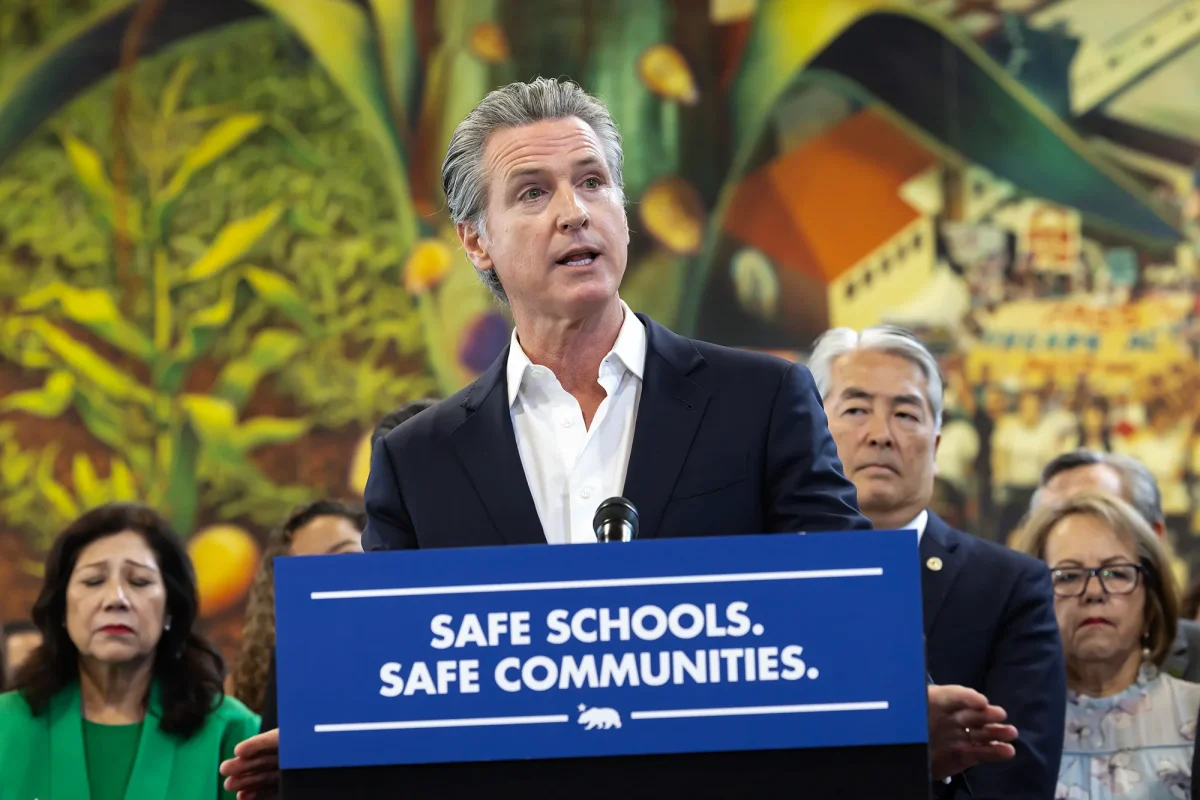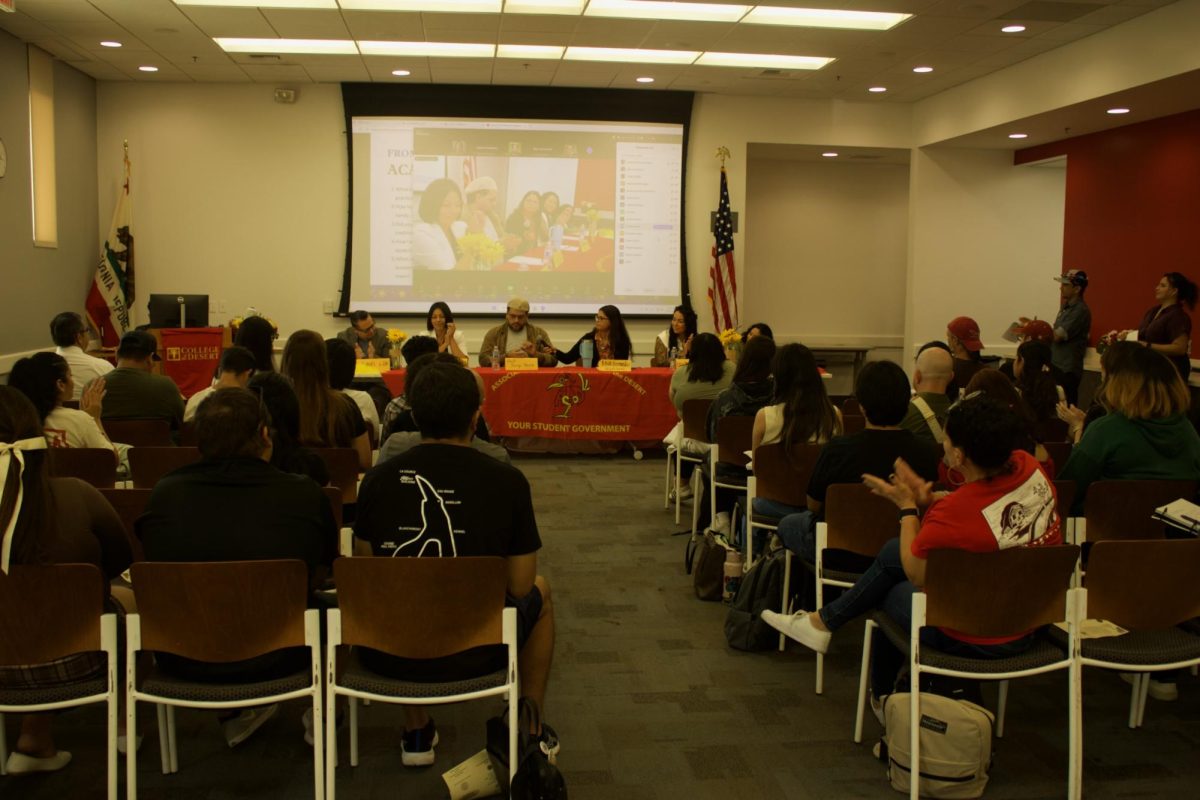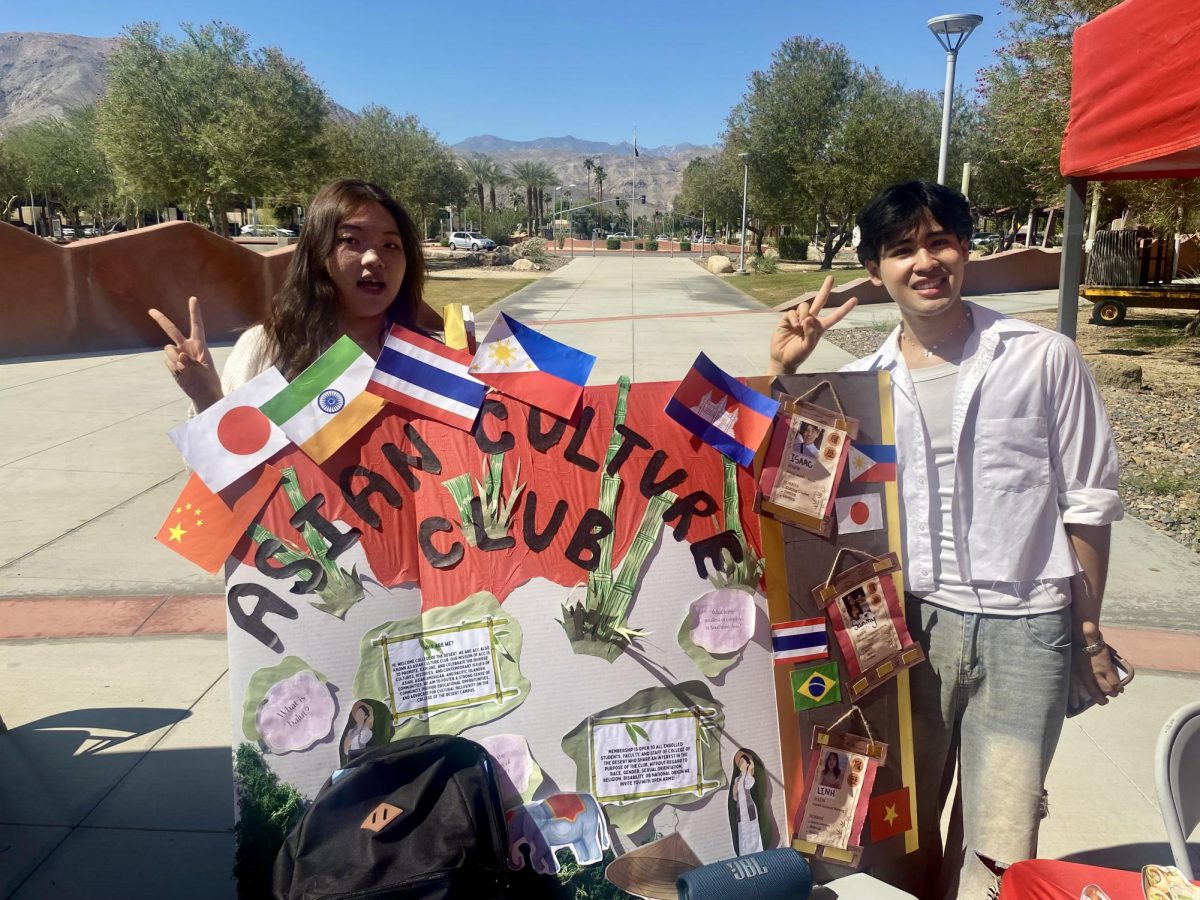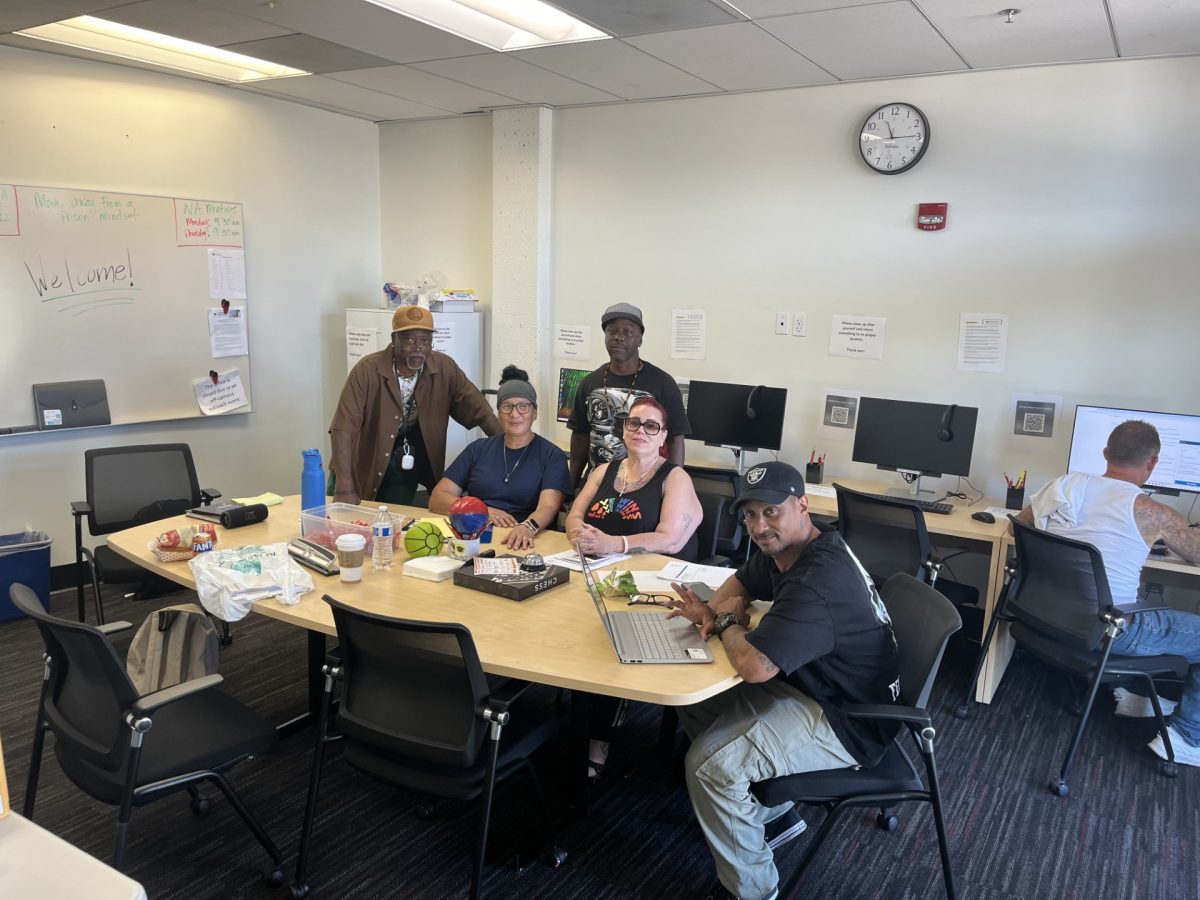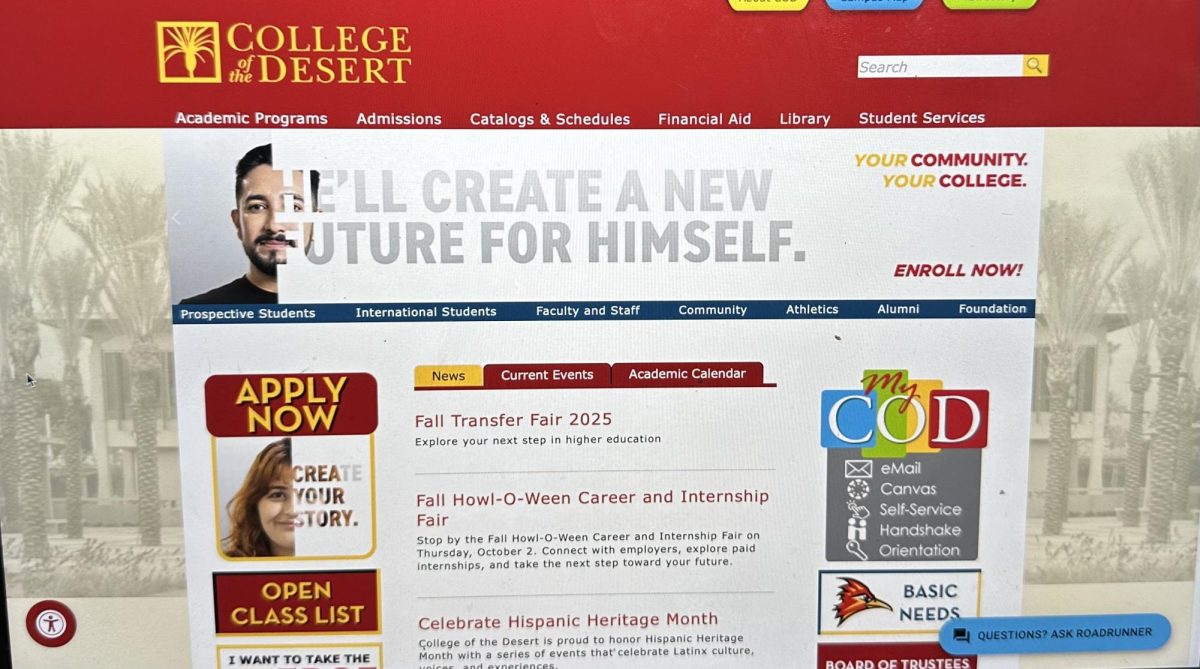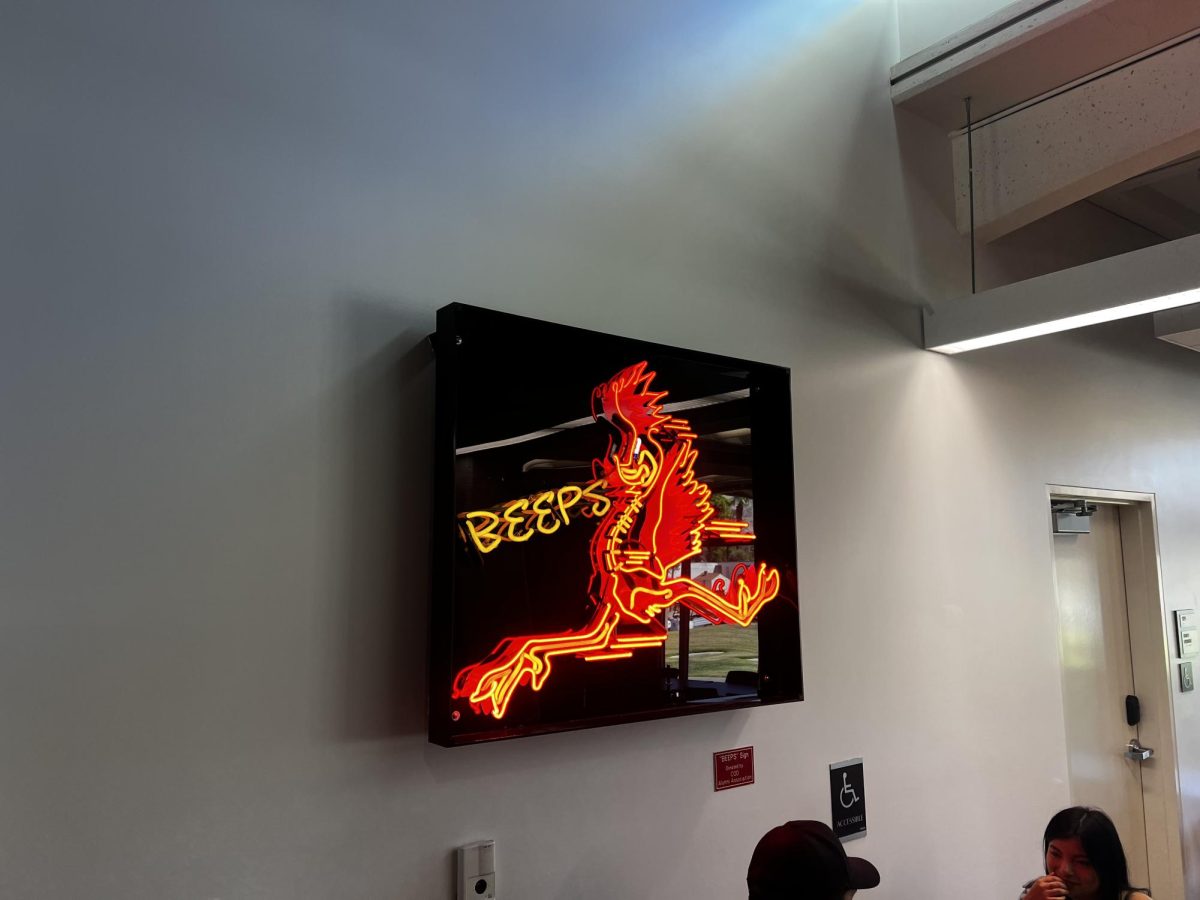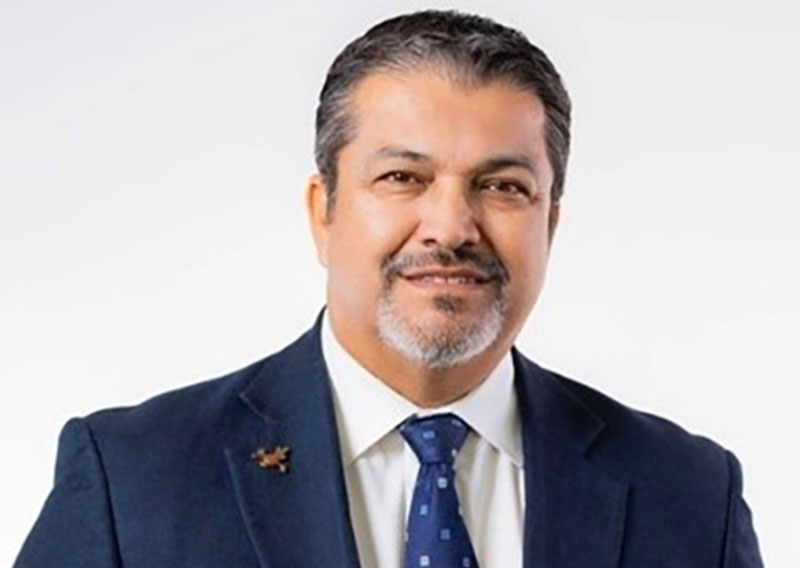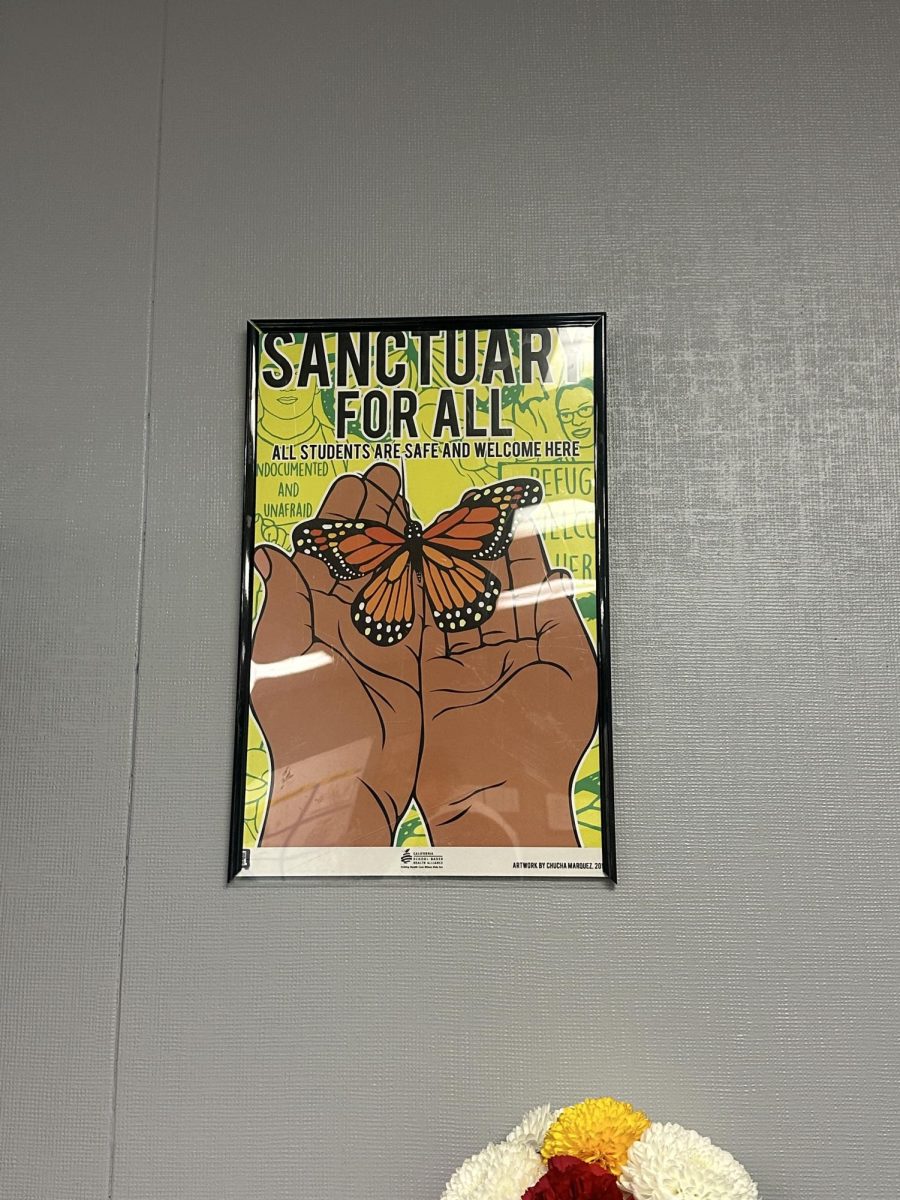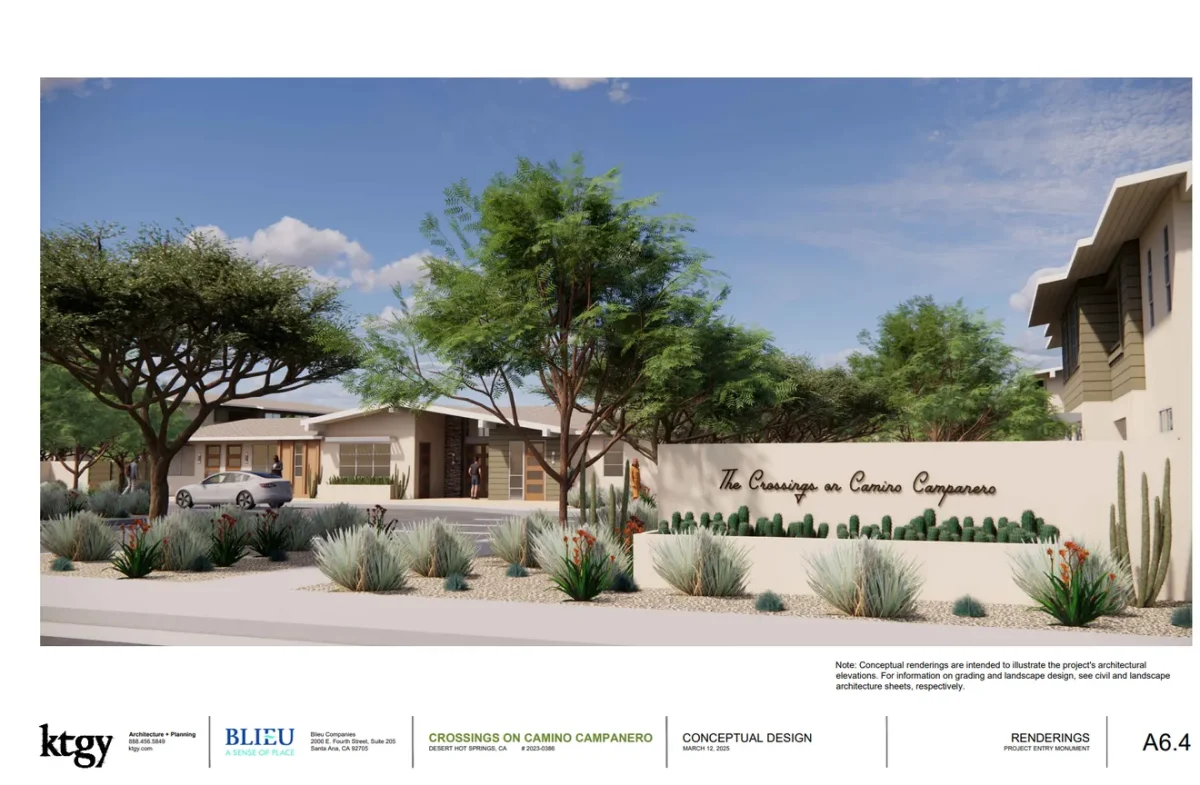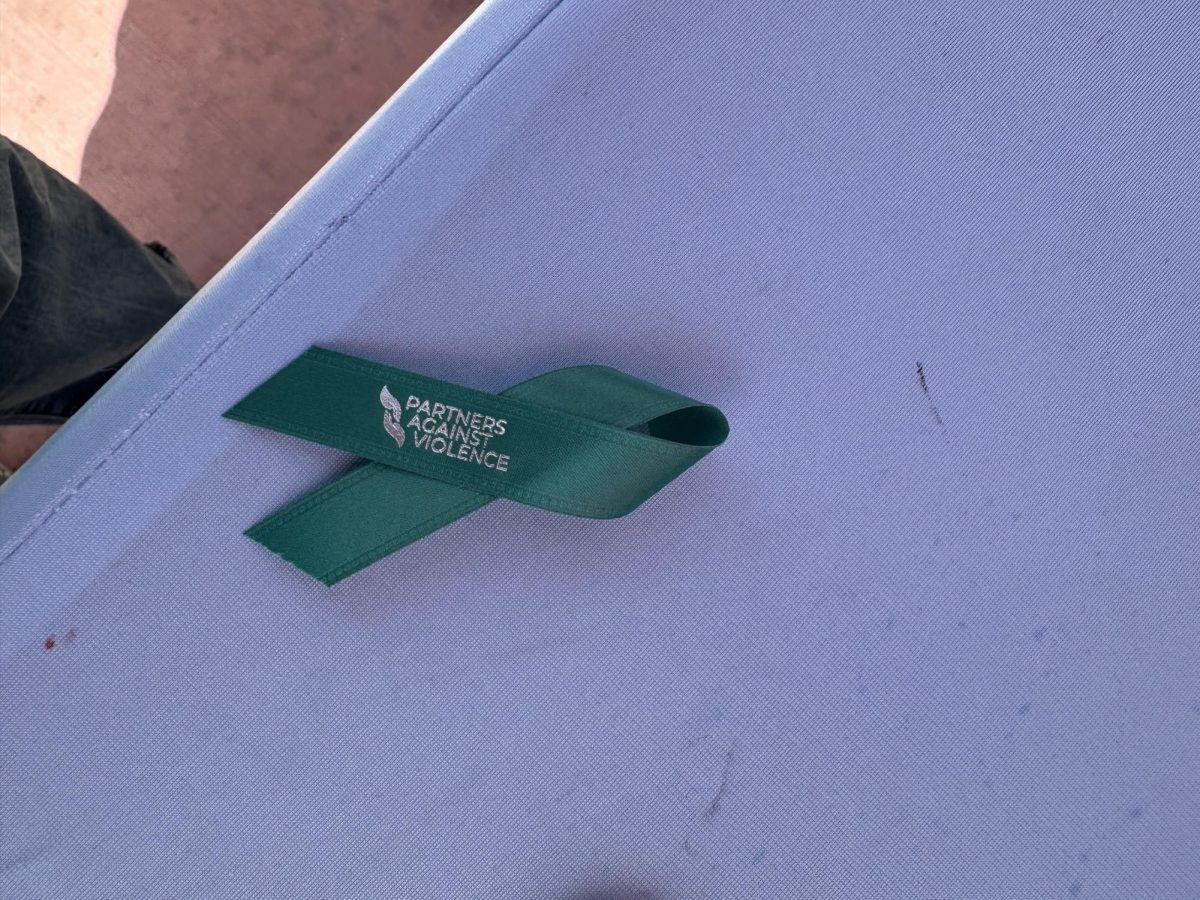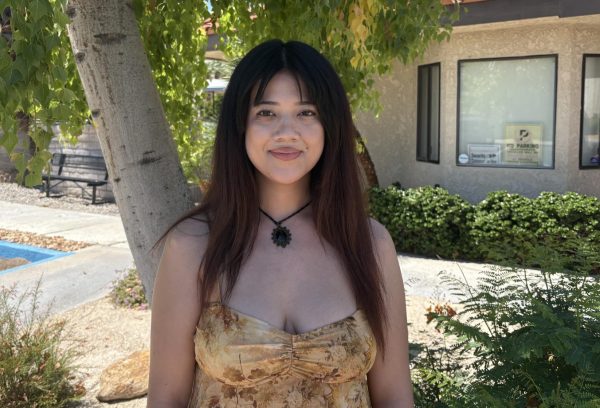California Gov. Gavin Newsom signed new laws Sept. 20 restricting how federal immigration officers operate in the state, including a ban on officers wearing masks and limits on immigration raids at schools and hospitals. At College of the Desert, where many families have ties to immigrant communities, the legislation highlights concerns about safety, rights and federal authority on campus.
The measures, collectively known as the “No Secret Police” bill package, will take effect on Jan. 1, 2026, and prohibit both federal and local law enforcement officers from wearing masks while on duty. The package requires officers to display their identification and badge numbers. Additional bills prevent immigration agents from entering schools or hospitals without a judicial warrant.
Supporters argue that the laws promote transparency and protect vulnerable communities. “No one wants masked officers roaming their communities and kidnapping people with impunity,” said State Sen. Scott Wiener, D-San Francisco, who introduced the bill SB 627 earlier this year. “California will continue to stand for the rule of law and for basic freedoms,” he said.
But critics argue the state is overreaching. Federal officials have pushed back, arguing that the new rules put officers at risk by making them more visible targets.
For COD students, the debate is more than political. The Coachella Valley has a large immigrant population, and many students worry about how immigration enforcement impacts their families and their sense of security on campus. The new bills could strengthen protections for schools like COD by preventing immigration agents from entering campuses without a court order, and schools are now required to notify students and staff when immigration enforcement is confirmed on campus.
Raymond “Chip” West, vice president at College of the Desert, said he welcomed the new state laws. “We are committed to the safety and well-being of every person in our community,” he told students, staff and faculty.
While the laws don’t take effect until Jan. 1, 2026, the people of California are already beginning to weigh what they mean for the community. Whether viewed as a step toward accountability or a legal battle with federal agencies, the outcome could directly impact how safe people feel in public areas.

